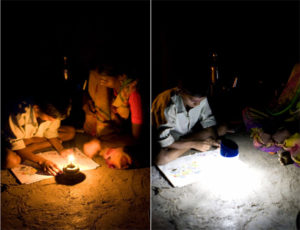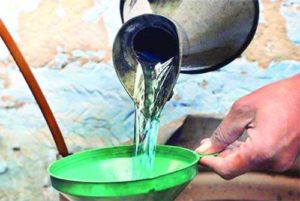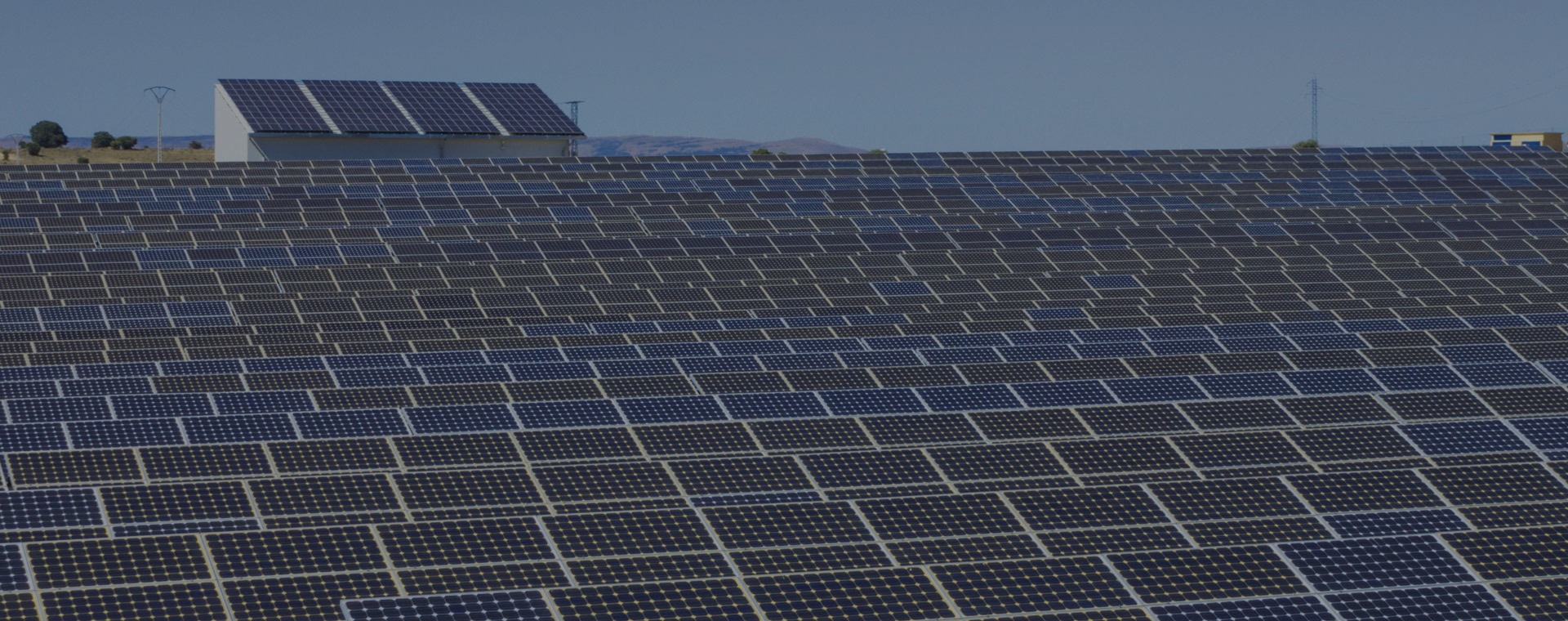The Energy demand is keeping on increasing day by day and to maintain pace with the current demand India should switch from kerosene subsidy to off-grid solar energy which could eventually help India to cut its swelling subsidy bills, improve power access for family units and alleviate indoor contamination.
A joint report by The Energy and Resources Institute (TERI) and Canada-based International Institute for Sustainable Development (IISD) states that regardless of the success of Pradhan Mantri Sahaj Bijli Har Ghar Yojana or Saubhagya scheme, a huge number of households are yet inclining toward kerosene for domestic lighting. However, kerosene being an unclean fuel causes indoor air pollution and there’s a risk of fire too.
Balasubramanian Viswanathan, IISD Associate, and co-author of the study said, “Over the lifetime of the products, solar lanterns, home systems, and micro-grids are all cheaper than the combined household and government expenditure on kerosene. The government could actually save money by switching support to solar energy.” The report also specifically mentioned that the off-grid solar power should be available directly for the households through manufacturers or as subsidized credit through a financial institution.
Martand Shardul, Fellow at TERI and co-author, added, “From the state and central level consultations it is clear that the government wants to provide access to energy for lighting to everyone. Communities also aspire to transition to solar-based solutions for lighting.”
A cost examination sets up that the legislature could spare Rs 129 every month on every household if kerosene as a lighting source is swapped with solar light. The savings are estimated at Rs 41 every month and Rs 37 every month on each household, this shows that the government should supersede the unclean vita

a lity source with the solar home framework and microgrid respectively.
The Government of India spent over Rs 46,000 crore in FY19 on subsidies for cooking gas and kerosene this surpassed the underlying Budget Estimates for 2018-19 by 84 percent. The continuation of the kerosene subsidy hazards high and unusual expenses in periods when oil costs are higher.
The study advocates that making the switch to solar would significantly reduce fiscal and household expenditure. A range of off-grid solar products is now cheaper than kerosene over the lifespan of the technology.
The study also says that switching to solar would definitely diminish fiscal and household expenditure. A scope of off-grid solar items is presently less expensive than kerosene over the life expectancy of the technology.


